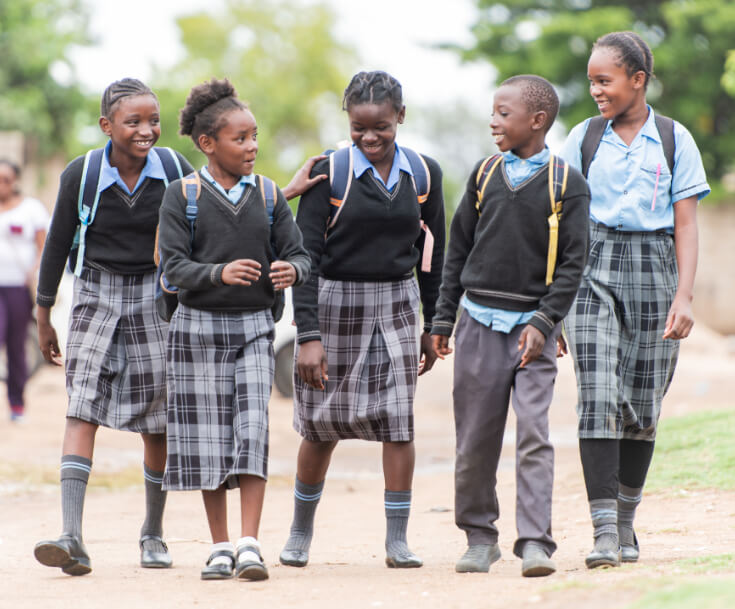Healthy Learners

IXM is proud to join the supporters of Healthy Learners and contribute to their projected expansion plans into the Copper belt province of Zambia.
Over the past five years, Healthy Learners has worked closely with the Zambian government to develop, evaluate, and refine a model of school-based community health care.
They saw that common childhood illnesses, such as malaria, intestinal worms, diarrheal diseases, and respiratory infections, often kept school-aged children out of school for days or even weeks at a time. They also found that since school-aged children often miss out on healthcare, otherwise preventable and curable illnesses frequently result in life-long health challenges or disability.
Trained SHW’s make preliminary diagnoses and triage decisions, treating mild conditions at school while making referrals to associated clinics for more severe conditions. The clinics, meanwhile, offer expedited care to those patients referred by SHW’s. This collaborative approach has proven to result in better health outcomes, improved attendance, and a reduction in illness-related complications, all at an ongoing annual cost of less than USD 2.50 per child.
In 2020, the COVID-19 pandemic led to a surge in demand for the model and the program thereby enabled Zambia to become one of the first countries on the continent to re-open and manage schools safely. Healthy Learners has scaled its model to all 105 public primary schools in Zambia’s capital city of Lusaka, serving a total of 250’000 children.
The innovative programming and technology that these organization provide is currently active in all Lusaka government primary schools and is poised to scale beyond Lusaka and into the Copperbelt province by 2023.